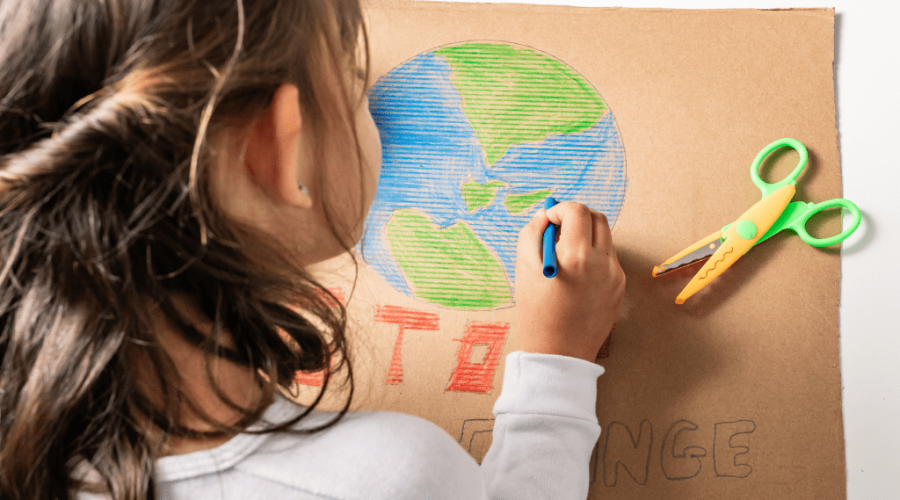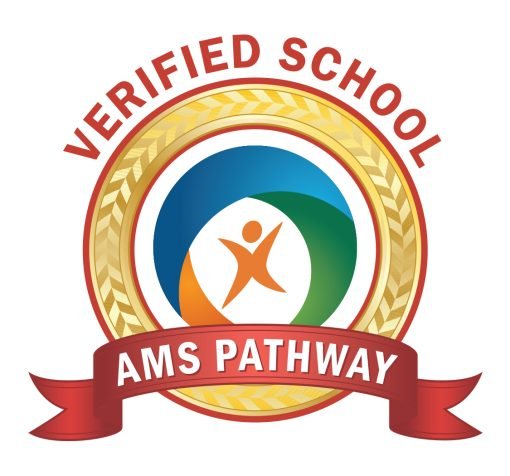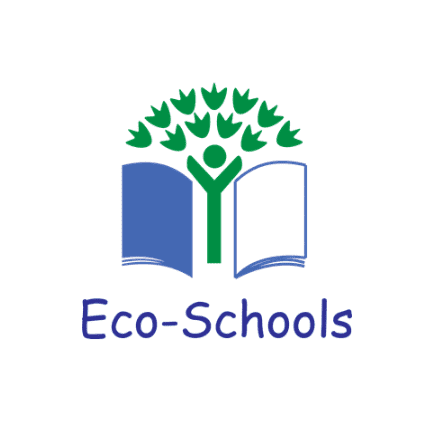Montessori education for children ages 3-6 is a child-centered approach to learning that is based on the principles and teachings of Dr. Maria Montessori. It benefits the whole child’s development, including intellectual, emotional, and social growth.
At Montessori House for Children and Elementary School, we know that children never stop learning or developing, and what they learn and how they develop depends entirely on the quality of the program and their environments at home and school.
Montessori education offers many compelling benefits for children ages 3-6. Therefore, it is an excellent choice for developing young minds.
Self-Directed Learning
Children, starting from birth, are naturally curious! Montessori education is designed to retain and foster their natural curiosity and motivation to learn. The child-centered, Montessori approach gives children the freedom to choose their activities, guided by their unique interests and abilities. This approach allows children to take ownership of their education and develop a sense of independence and self-confidence. When children are given the opportunity to follow their interests and work independently, this instills a life-long love for learning and a passion for understanding the world around them.
Hands-On Learning
In Montessori classrooms, children learn by doing, using concrete materials that involve all five senses – sight, sound, smell, touch, and taste. Active, hands-on learning is not only a more enjoyable way to learn, but it is also scientifically proven to improve cognitive understanding. For example, in math, young children are first introduced to the concept of quantity, and develop ‘number sense,’ understanding the relationship between amounts. The work of quantity continues through the years and always begins with the physical representation of the amount and operation – addition, subtraction, multiplication, division, fractions, decimals, and so on.
Multi-Age Classrooms
Classrooms are comprised of mixed-age groups, offering peer mentoring, collaborative work, and social development opportunities. The guide (teacher) acts as a facilitator in the learning process. This approach allows younger children to learn from older students and older children to take on leadership roles and help younger ones. It also creates a sense of community and fosters a positive social environment.
Practical Life Skills
In a Montessori environment, there is a strong emphasis on practical life skills, such as cooking, cleaning, and self-care. Children gain the skills of independence, which results in self-confidence, purpose, and a sense of responsibility for themselves and their community. These skills also prepare them for the everyday tasks they will encounter in the real world.
Creativity and Imagination
Montessori education values creativity and imagination as important aspects of a child’s development. Children can express themselves through art, music, and other creative activities. This approach allows them to explore their unique interests and talents and to develop a sense of self-expression through creativity.
Preparation for Future Success
Montessori education is designed to prepare children for future success in a holistic way. By developing their intellectual, emotional, and social skills, children are better prepared to succeed in all aspects of their lives.
Respect for the Environment
A Montessori education promotes a deep respect for the environment and the world we live in. Children are taught to appreciate the natural world and to be responsible stewards of the earth. They learn about sustainability, conservation, and the interconnectedness of all living things. This not only helps them become more environmentally conscious but also fosters a sense of empathy and compassion for others.
At Montessori House for Children and Elementary School, our mission is to cultivate emotional intelligence, personal fulfillment, and future success and future leaders. If you are considering Montessori education for your child, we encourage you to *carefully research reputable schools in your area. After all, children deserve the best environment for social, emotional, and cognitive development. Many options exist, and when parents find an early childhood program that best fits their family’s values and beliefs – the child thrives!
Interested in your child joining our Early Childhood Community? Click here to learn more about our school and educational approach.
Here is a great resource for parents seeking information about finding authentic Montessori programs: MHFC-Parents Guide 2023




